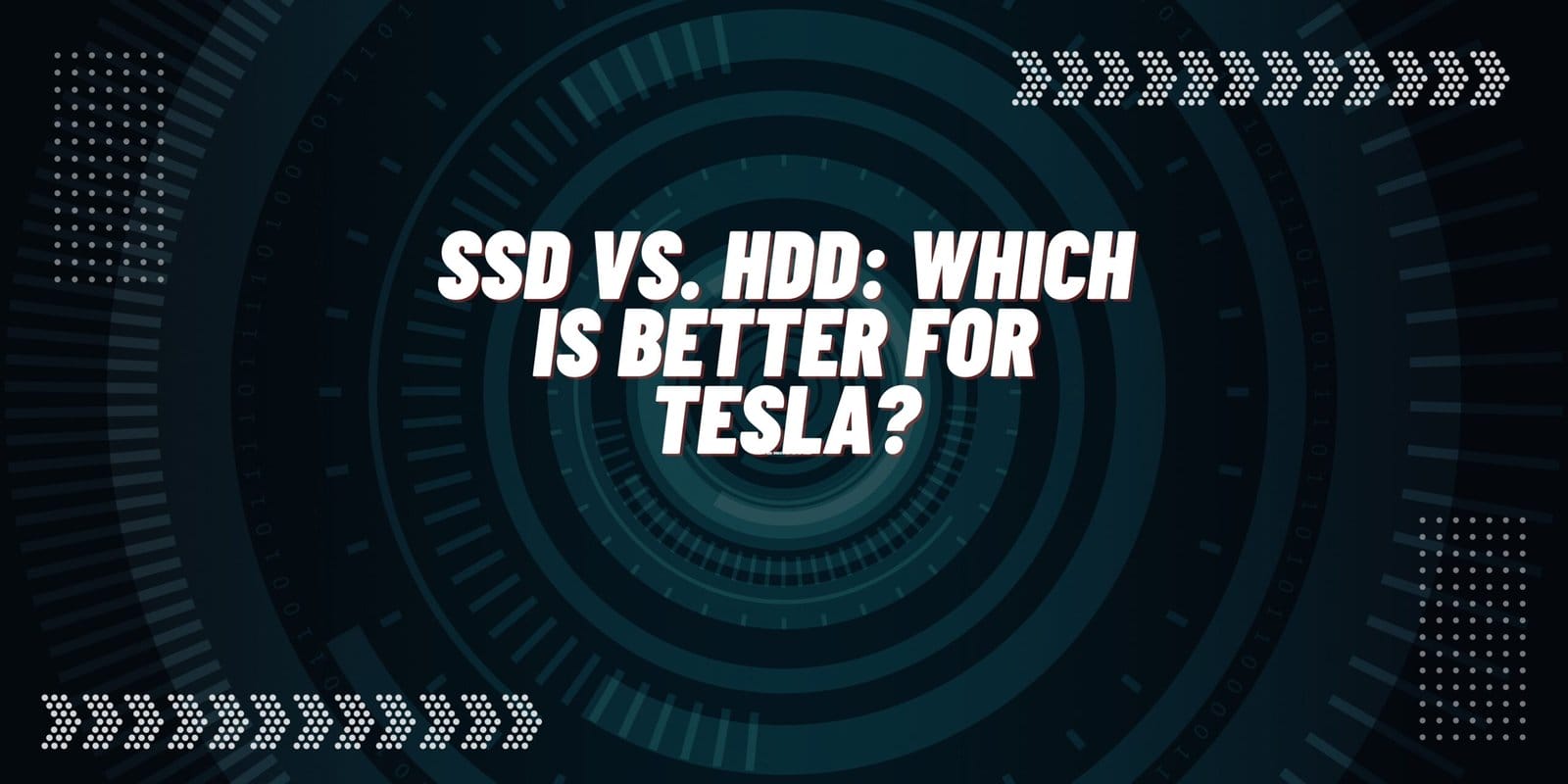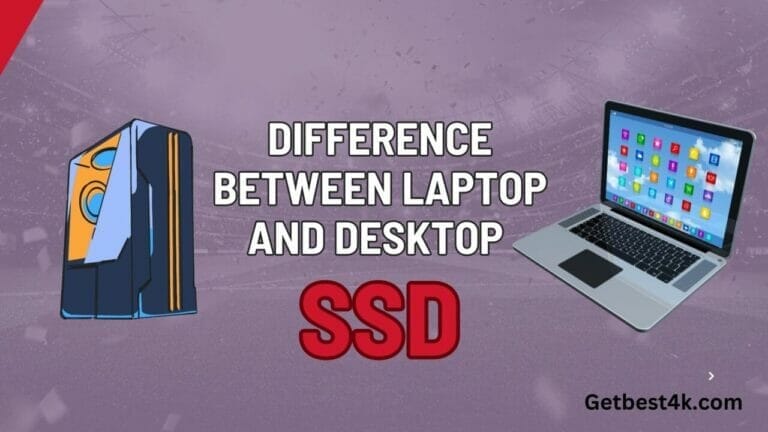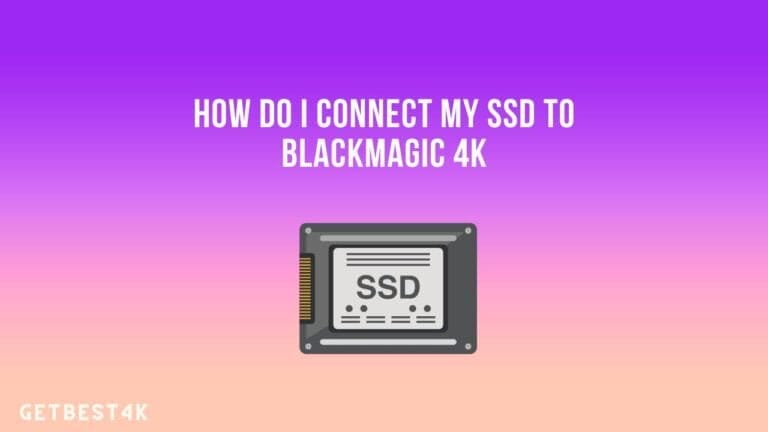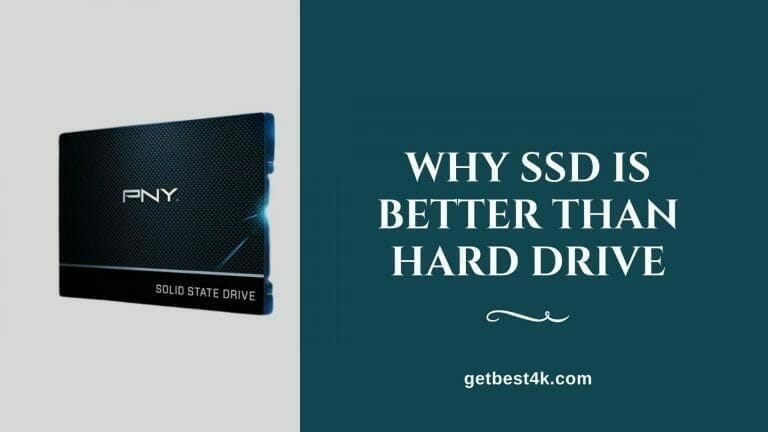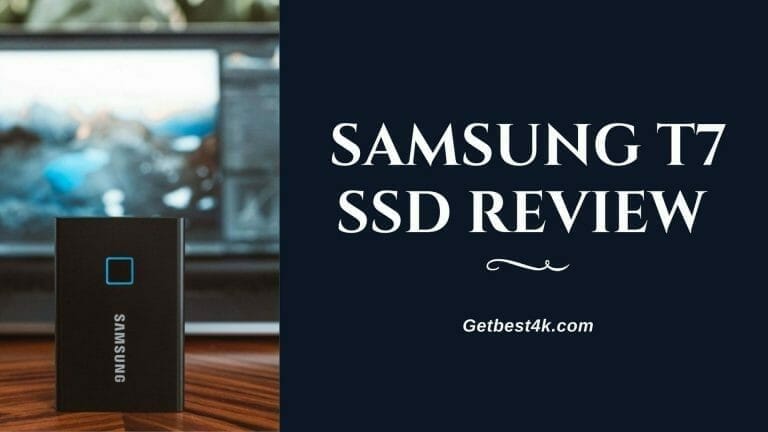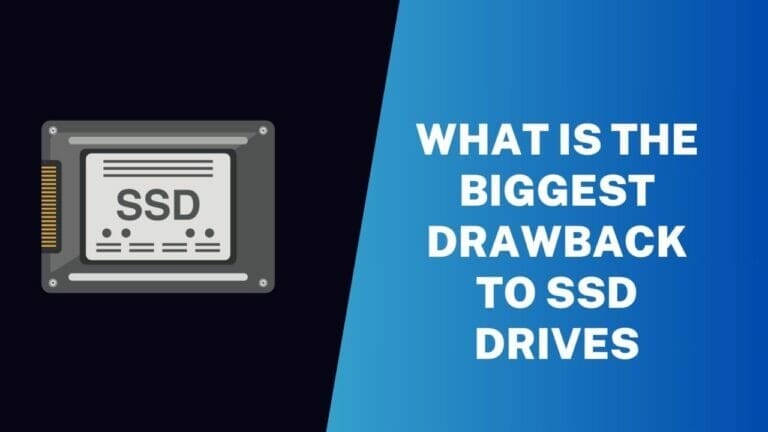The question of whether an electric car should have a hard drive or an SSD is common. While it’s not easy to answer for all-electric cars, we can see general trends in how Tesla handles storage.
In this article, we’ll look at how Tesla uses SSDs and HDDs in their vehicles and how that affects your decision as to which version you want to buy.
The Tesla and the SSD
- The Tesla is a high-end vehicle, so it needs to be able to handle a lot of data.
- An SSD will be more expensive than an HDD. However, they’re also more robust and reliable.
- SSDs can be used in laptops, desktops, and cars, so you can use them for your computer at home or school if you need extra space for files and programs!
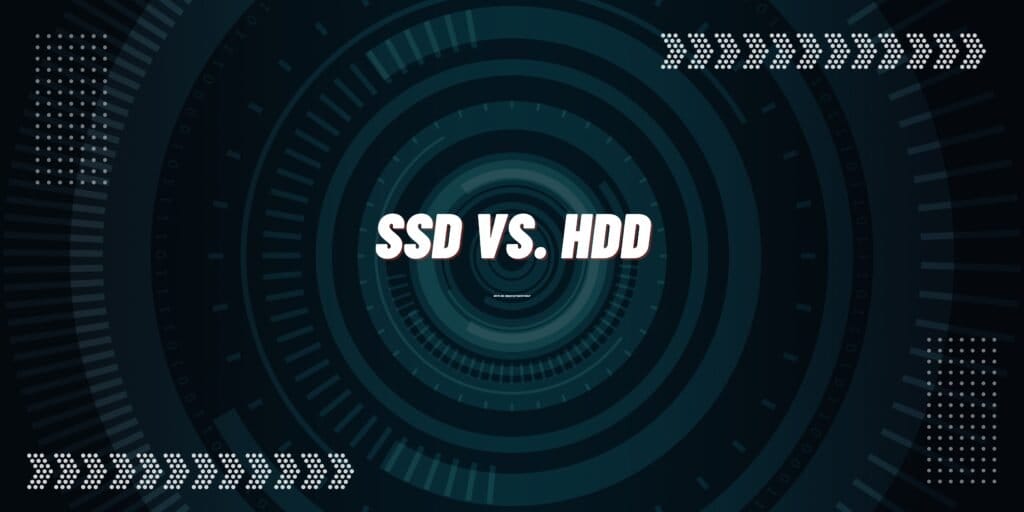
The Tesla and the HDD
The Tesla is a heavy car with a lot of moving parts. The drive train, which consists of the engine, transmission and axle assemblies, weighs nearly 1,000 pounds. A single HDD is about 200 grams (7 ounces). So regarding weight capacity and durability, HDDs are better suited for use in Teslas than SSDs.
HDDs also come with lower failure rates than SSDs. According to Backblaze’s report on disk failure rates (which covers millions of drives), the average annual data loss rate is around 0.72%, while the annual MTBF (mean time between failures) is 1 million hours of operation — much longer than most consumer electronic devices will ever be used for!
HDDs’ higher read/write speeds also mean that your Tesla can perform more tasks without slowing down or stalling out completely as frequently as it would if you had chosen an SSD instead.
Which is Better for Tesla’s?
The Tesla Model S and Model X are some of the first cars to use solid-state drives (SSDs) in their vehicles. This means they don’t have any moving parts, like a hard disk drive (HDD), which reduces the chances of mechanical failure and makes them more reliable overall.
But there is still one thing holding back SSDs from being widely adopted in vehicles: cost. To profit from these pricey components, Tesla has been making its proprietary version that attaches directly to its battery packs using a proprietary interface called PCIe.
The HDDs or SSDs can each be legitimate choices for your Tesla.
So, what are your options? Well, if you want a more reliable drive that won’t break down on you and can hold its own against the elements over a long period, an HDD is your best bet. However, if speed and efficiency are most important to you and cost isn’t much of an issue (because, let’s face it: it isn’t in the grand scheme of things), go with an SSD.
If there’s one thing both HDDs and SSDs have in common, it’s that neither one of them will let you down when it comes to storing large amounts of data!
Conclusion
In the end, many factors can make a difference in your chosen storage device. The reason why it’s so important to choose the right one because you want to get as much value out of your Tesla as possible. If you choose an SSD over an HDD, as we recommended, then your car will be able to run faster and use less power—which translates into better efficiency for the environment and more savings on your electric bill!
- BMPCC 6K vs 6K Pro: The No‑Nonsense Buyer’s Guide - September 27, 2025
- Best Gimbals for BMPCC 6K in 2025: A Complete Guide - June 11, 2025
- Blackmagic Rec.709 LUT Download - June 11, 2025
